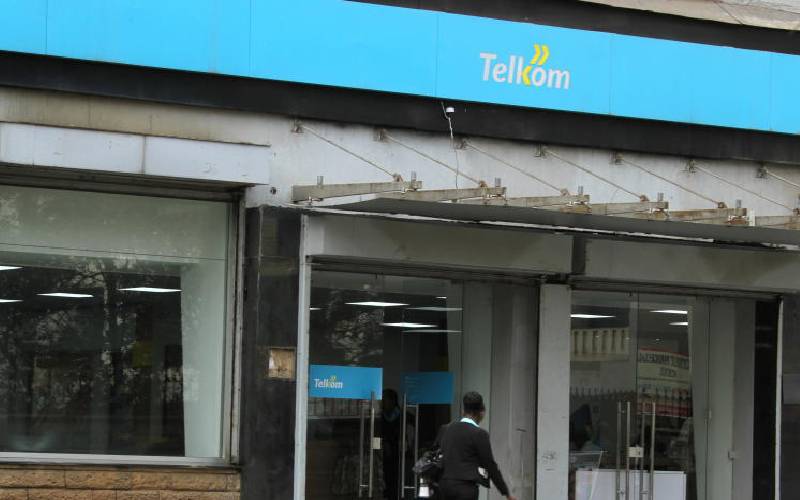
The global wave of technological innovation in this Fourth Industrial Revolution portends major challenges and opportunities in the telecommunications landscape.Telcos have the opportunity to champion a more robust agenda in shaping discourse around artificial intelligence, Internet of Things, robotics and virtual reality.
We are witnessing a disruptive convergence of technologies with digitisation as their backbone. Even as this happens, Telcos have to reorganise and realign their broader business strategies in order to rejuvenate and seize opportunities that come with this disruption to remain relevant.